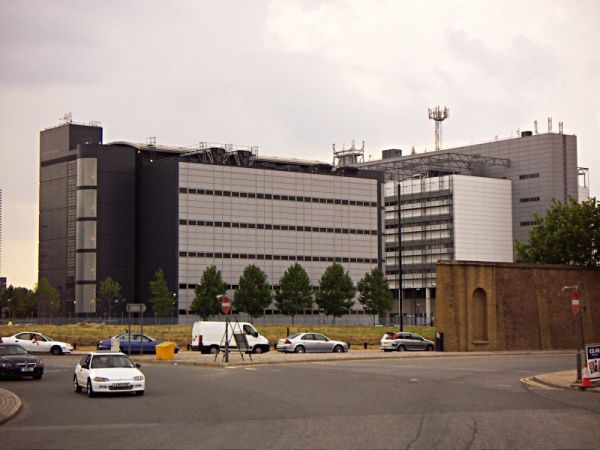OECD claims current web traffic model is best

European nations chasing each other for largest exchanges
The Organisation for Economic Co-operation and Development, OECD, has released a report that concludes the way web traffic is currently modeled works well, boosts competition, and generally should not be altered with.
The report, which is available for full download here, argues that the existing model has managed to bring prices for data down to 100,000 times less than a voice minute.
By surveying 4,300 networks – representing 140,000 direct exchanges of traffic – found 99.5 percent of peering agreements were signed on a handshake basis with data moving around for no money.
Multilateral agreements, using a route-server, were in place around the world so many networks could accept traffic exchanges for free with any network that signs up to the agreement.
The report notes that compared to voice traffic exchange, which an OECD statement argues has been contentious and required strong regulatory oversight, this agreement has helped bring prices down.
Using information from Packet Clearing House, the OECD says in the report that Europe is more cognizant of the value of internet exchange points (IXP) than other regions around the world, as well as the value of bringing in new participants to exchanges in order to promote growth.
“This has led to a degree of competition between European nations,” the report continues, “each desiring to have the largest IXP”. This isn’t so visible in other regions, but it is also beneficial, according to the OECD.
The report also noted that European countries have “arguably” been structuring their IXPs to “maximise their visible or apparent size” – possibly at the cost of their efficiency, and especially when compared to neighbouring countries they’re competing against for ISP infrastructure investment spending.
Europe, for its part, has more IXPs than any other regions, holding seven of the top ten exchanges for number of participants and volume of traffic. The OECD notes that a possible criticism of Euorpean IXPs is that they can be more expensive to participate in than elsewhere, but this is partly because of employees and budgets for marketing, PR, and policy process.